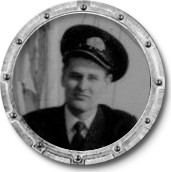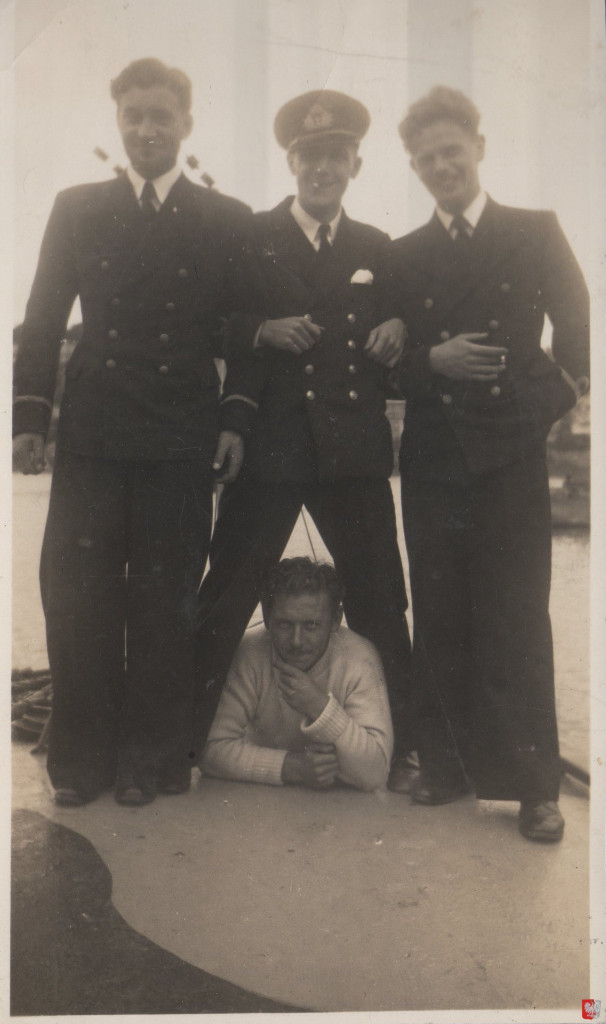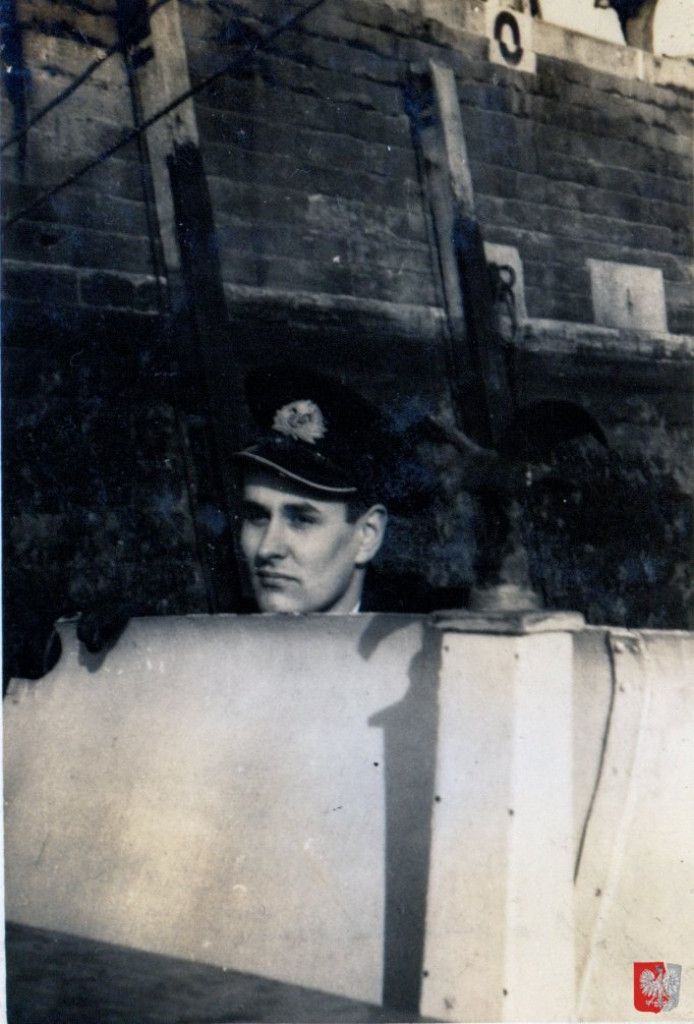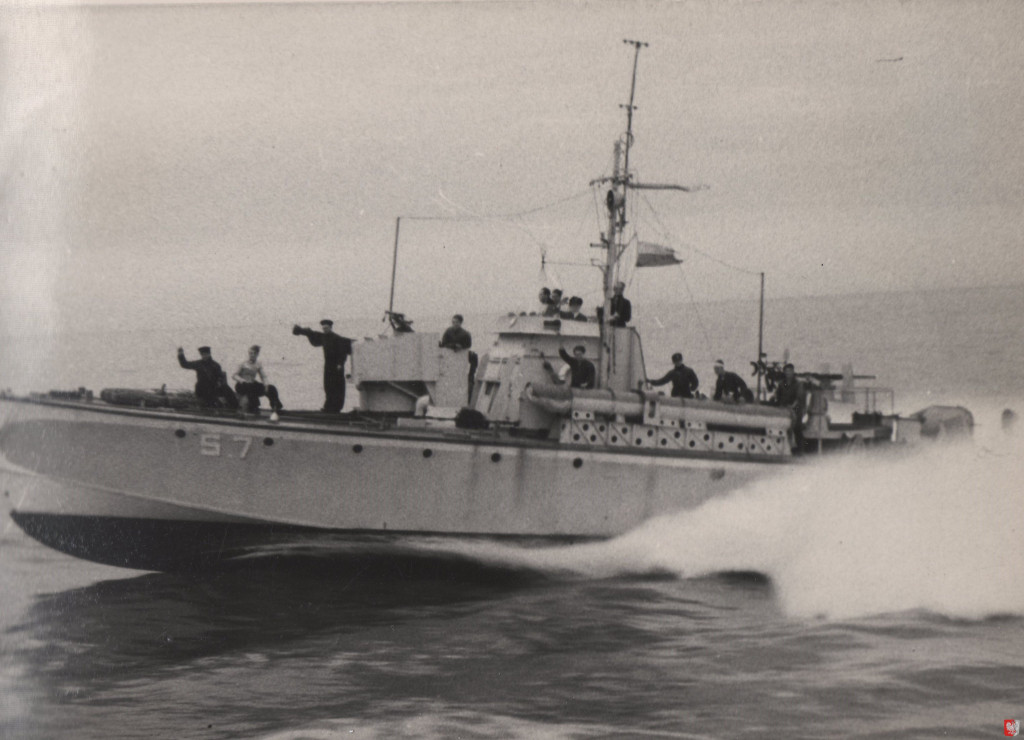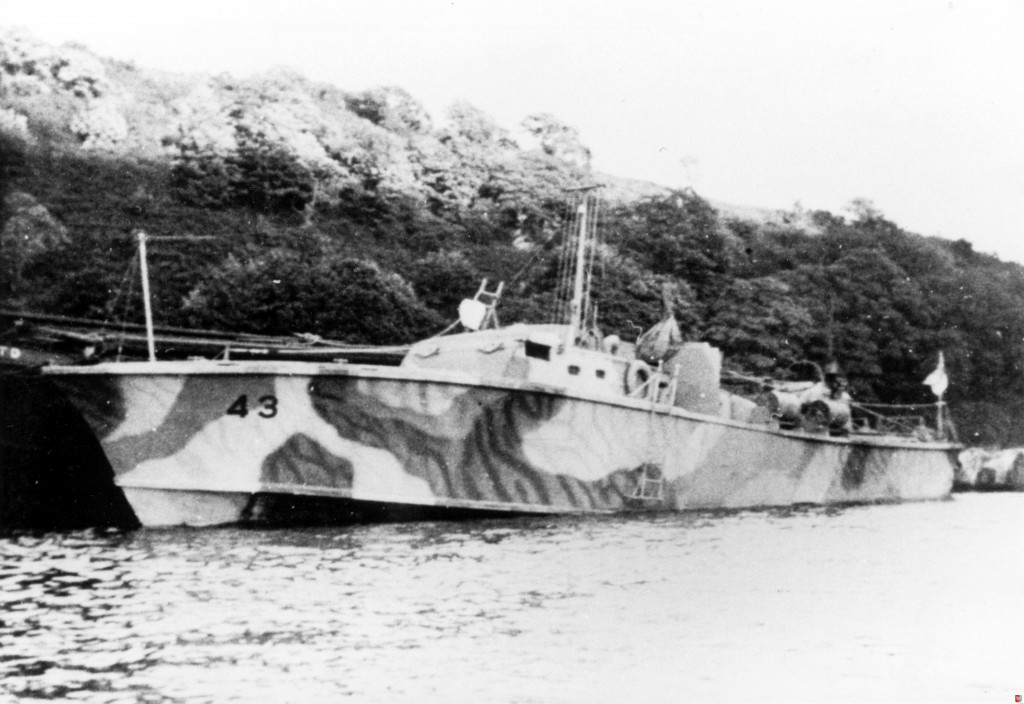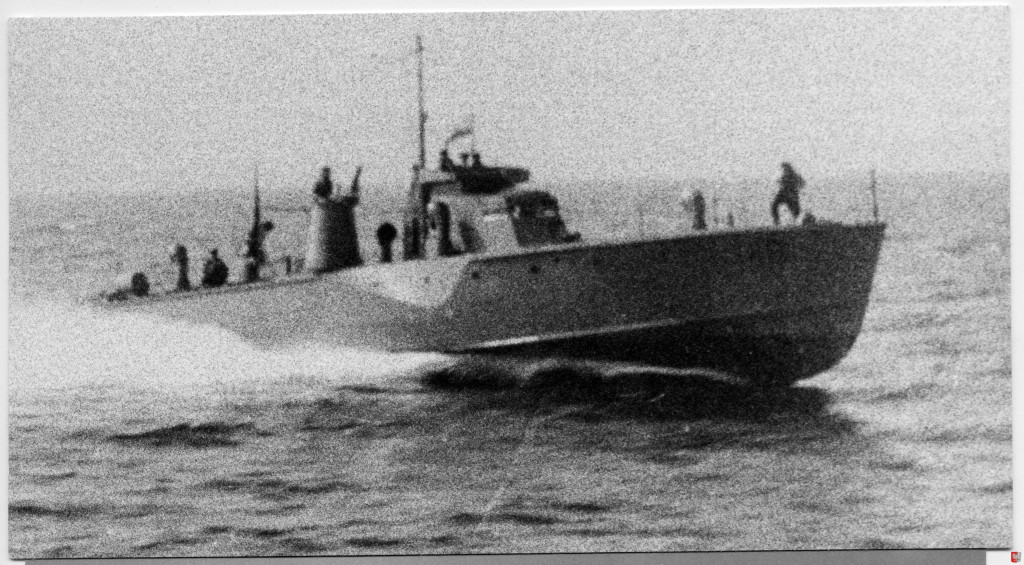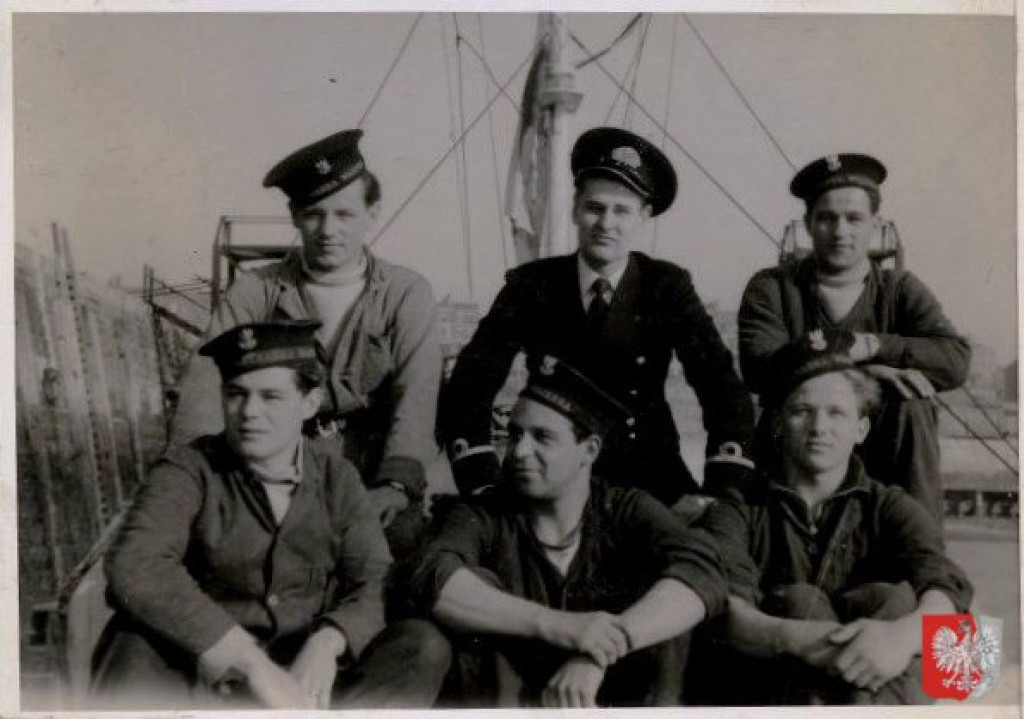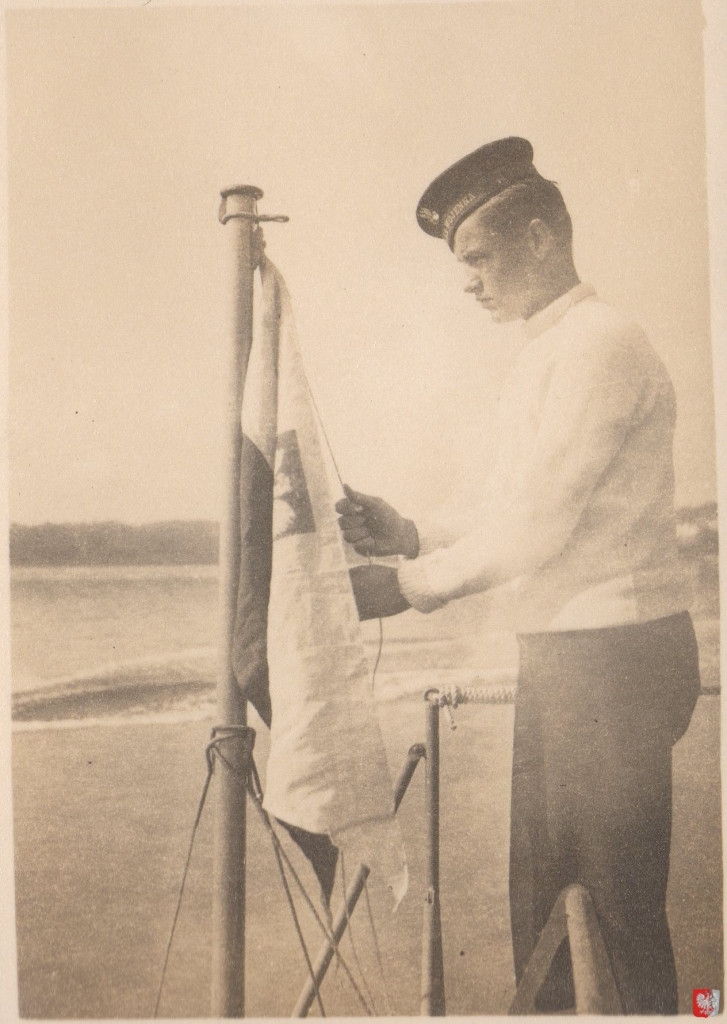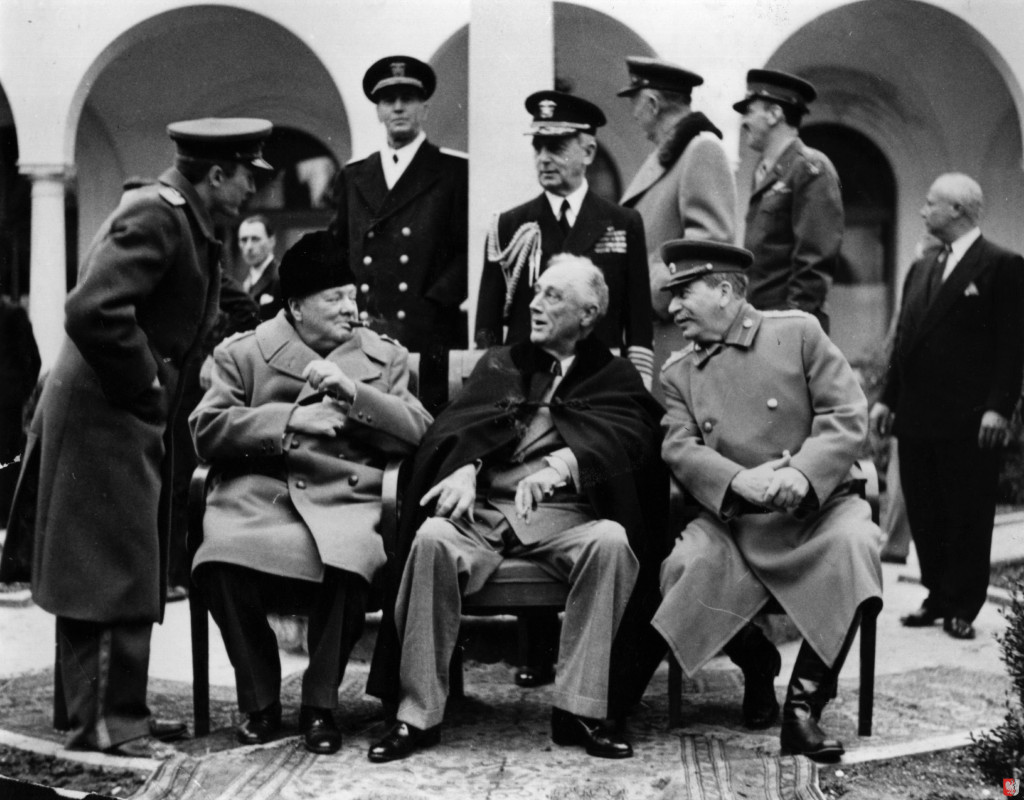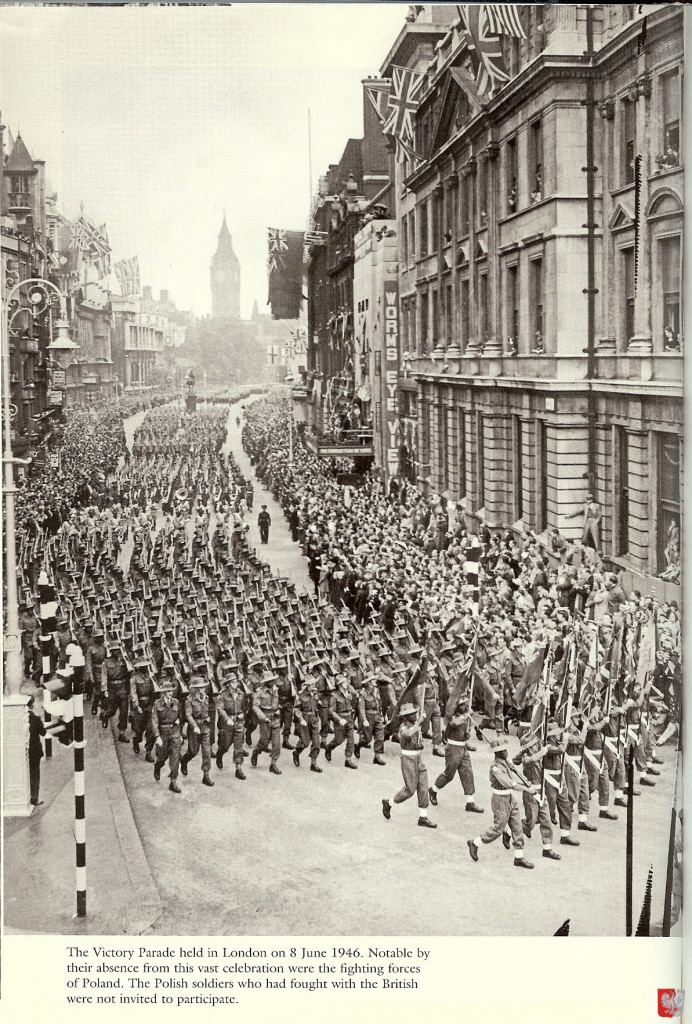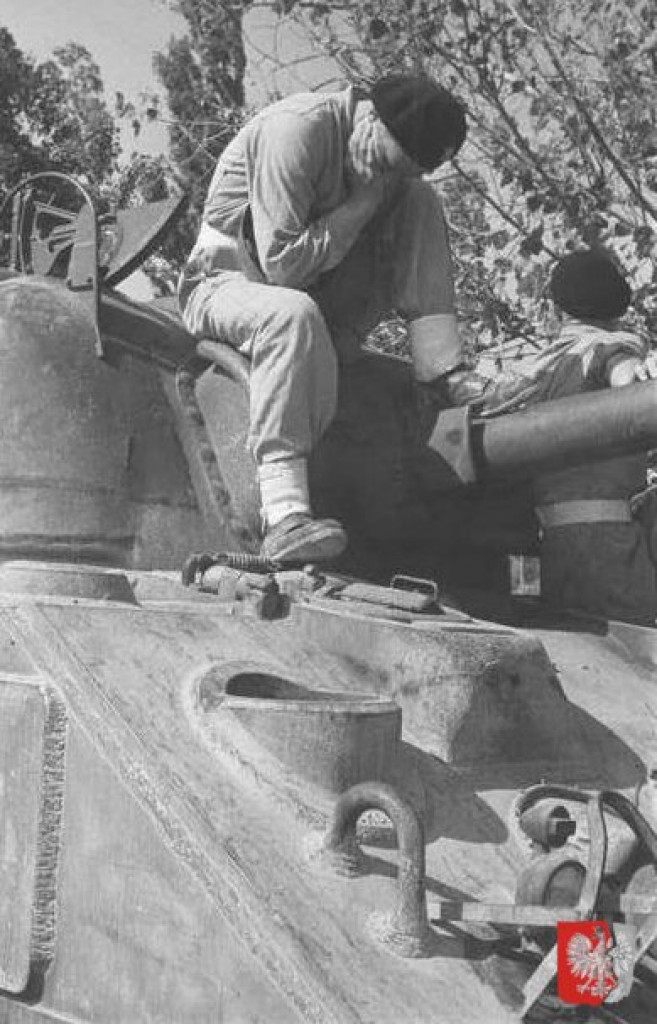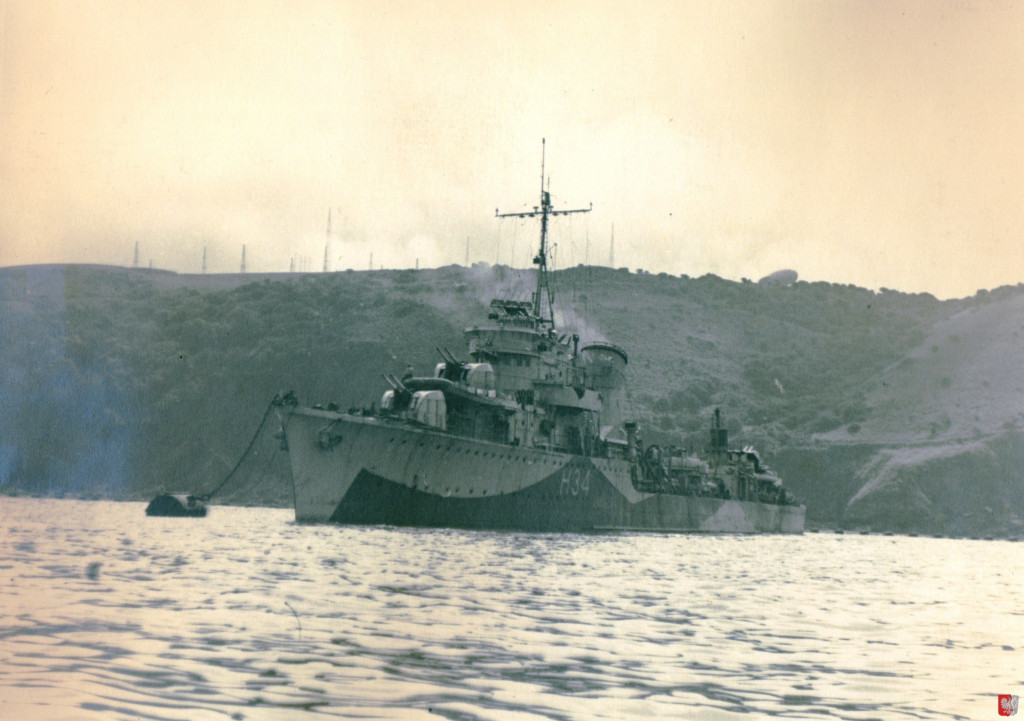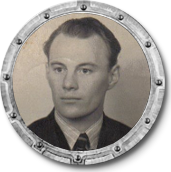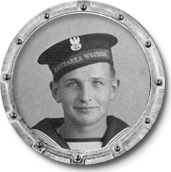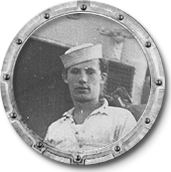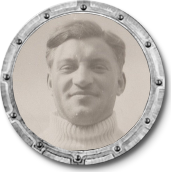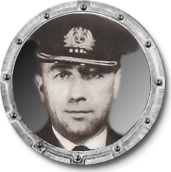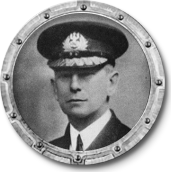
Polish Naval Memories of WWII
Two responses to the end of the war illustrate the despair felt by Polish mariners; a third had to deal with the reality of life in the Communist eastern Europe. The Eighth Polish MTB Flotilla, which included Antoni Piątek, was stationed with Canadian and Royal Navy units at HMS Beehive, the official name for the small boat base at Felixstowe, between 1944 until closure in September 1945. In the small museum today is a display relating to these wartime years, and on the wall is a roll of honour. The last recorded death was of St Mar. (Petty Officer) Józef Malczynski. He died on August 25th 1945 at the age of 24 years. He was not killed in action but committed suicide. He had been on extra guard duty at the time and was very depressed about the fate of his family in Poland. Marian Majer, who had served on Polish MTB, S7, out of HMS Beehive remembered that another sailor had also committed suicide.
Kpt Mar. (Lt Cdr) Marech Oldakowski hated the Soviet Russians. He had even requested, and had been granted, a transfer out of ORP Garland when she was to be sent on Arctic convoy duty to escort supply ships to Stalin’s regime. He was then posted to the Krakowiak. On VE night he was on leave in London, drunk, but ‘crazy… unhappy’ and devoid of all hope. The celebrating crowds could not understand this. He vowed to leave Britain at the end of the war, and this he did, sailing the oceans and seas of the globe for some 38 years in the mercantile marine. The strength of feeling of these Poles who felt betrayed and lost is shown by the fact that Oldakowski stated that he, as gunnery officer of ORP Błyskawica, discussed with his captain the idea of scuttling their fine vessel instead of handing her back to the post war authorities in Communist controlled Poland. Luckily for posterity this did not happen, and today Błyskawica is moore in Gdynia as a museum ship – a living memorial to the wartime Polish Navy and to British shipbuilding expertise. Oldakowski noted that only 13 out of about 240 crew members opted to return to Poland with their beloved vessel, such was the hatred, and fear, then prevalent in the émigré Polish community in Britain.
Source: Poles Apart: Polish Naval Memories of WWII by Martin Hazell
